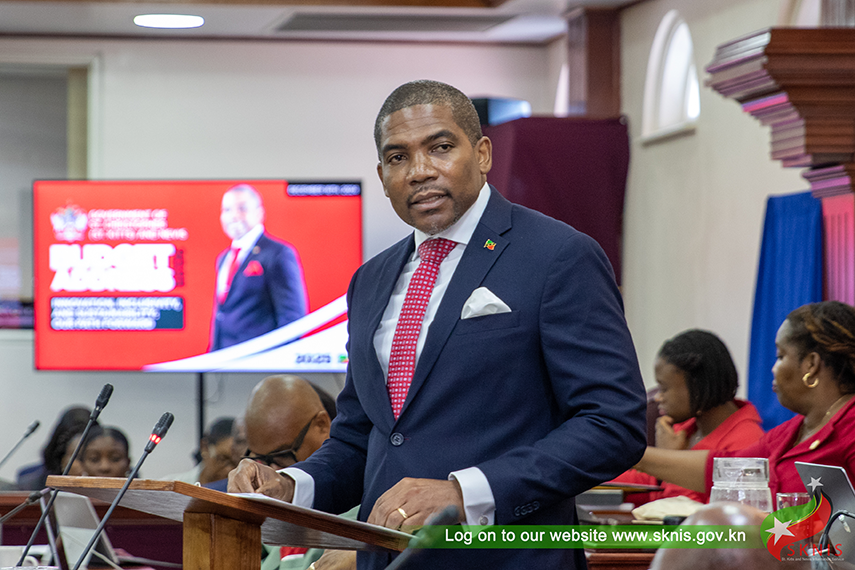Rehabilitative Employment Program Provides Opportunities for Former Offenders
The government of St. Kitts and Nevis is pioneering a transformative initiative, the “Prison to Work” program, aimed at facilitating the seamless reintegration of rehabilitated ex-offenders back into society. This program, a key component of the broader ELEVATE initiative, recognizes the challenges faced by individuals who have served their time and seeks to provide them with concrete opportunities for employment and self-sufficiency. Prime Minister Dr. Terrance Drew, championing this effort, emphasizes the importance of providing second chances and acknowledges the societal barriers that often prevent ex-offenders from securing gainful employment. By investing in their reintegration, the government aims not only to improve the lives of these individuals but also to enhance overall societal well-being.
The “Prison to Work” program addresses a critical gap in the rehabilitation process, often overlooked by traditional approaches. Many ex-offenders, despite completing their sentences and undergoing rehabilitation while incarcerated, find themselves marginalized upon release, struggling to find employment due to societal stigma and a lack of opportunities. This cycle of exclusion can lead to recidivism, undermining the efforts invested in rehabilitation and perpetuating a pattern of criminal activity. The program seeks to break this cycle by providing a structured pathway for ex-offenders to re-enter the workforce, equipping them with the tools and support necessary to earn a living and contribute meaningfully to their communities.
Prime Minister Drew underscores the moral imperative behind this initiative, emphasizing that the lives of ex-offenders matter and that they deserve a genuine opportunity to rebuild their lives. He challenges the prevailing societal perception that individuals with criminal records are inherently unemployable, arguing that those who have paid their debt to society should be given a chance to reintegrate. The “Prison to Work” program is not merely a matter of providing jobs; it represents a fundamental belief in the potential for human redemption and the importance of offering second chances. By investing in the reintegration of ex-offenders, the government demonstrates a commitment to fostering a more just and inclusive society.
Furthermore, the program’s focus on employment aligns with the government’s broader strategy to engage at-risk individuals and empower them through opportunities for learning and self-improvement. By providing ex-offenders with the means to earn a living, the program addresses a crucial factor contributing to recidivism: economic instability. When individuals lack the resources to support themselves and their families, they may be more likely to resort to criminal activity out of desperation. The “Prison to Work” program provides a viable alternative, offering a path towards financial independence and reducing the likelihood of re-offending.
The anticipated impact of the “Prison to Work” program extends beyond the immediate benefits to individual participants. By reducing recidivism rates, the program strengthens the effectiveness of HMP’s rehabilitation efforts, ultimately contributing to a safer and more secure society. Investing in the reintegration of ex-offenders is not only a humane approach but also a pragmatic one, as it addresses the root causes of crime and reduces the burden on the criminal justice system. The program represents a forward-thinking approach to crime prevention, recognizing that rehabilitation and reintegration are essential components of a comprehensive strategy to address criminal behavior.
In conclusion, the “Prison to Work” program, championed by Prime Minister Dr. Terrance Drew, signifies a significant step towards creating a more just and equitable society in St. Kitts and Nevis. By providing rehabilitated ex-offenders with tangible opportunities for employment and self-sufficiency, the program not only empowers individuals but also strengthens communities and contributes to a more secure future. This initiative reflects a commitment to fostering a society that prioritizes rehabilitation and reintegration, recognizing the potential for human redemption and the importance of second chances. The program serves as a model for other nations seeking to address the complex challenges of criminal justice reform and build a more inclusive society.
Share this content:











Post Comment